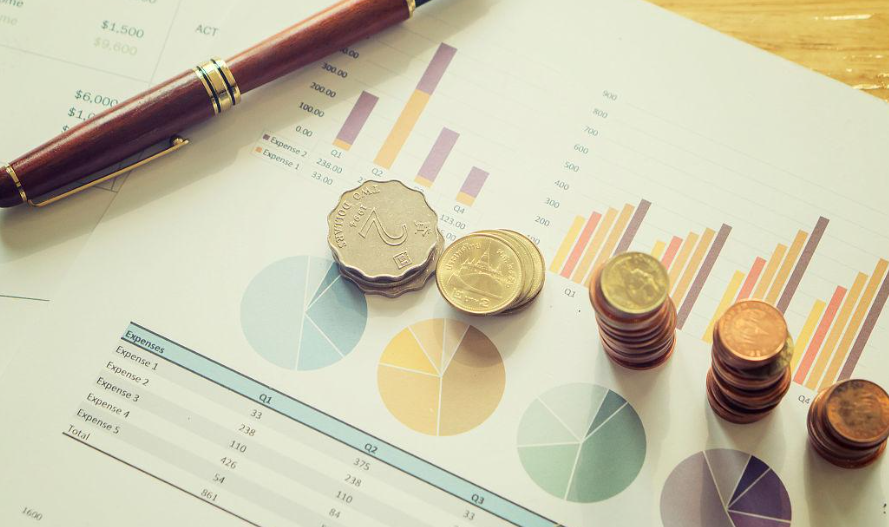Developed Nations Must Lead in Tackling Climate Change
Advertisements
The recent report released by leading global organizations, including the Organisation for Economic Co-operation and Development (OECD), the International Labour Organization (ILO), the United Nations Conference on Trade and Development (UNCTAD), and the United Nations Industrial Development Organization (UNIDO), underscores a pressing theme in today's international discourse: the imperative for a green and equitable transition. This transition presents significant economic growth opportunities and social advancements for developing nations. However, it is a complex undertaking that requires coordinated responses and commitments from the global community, particularly developed nations, which bear greater responsibility for supporting their developing counterparts.
The urgency of addressing global warming has never been clearer. The ramifications of climate change are manifesting as increasingly frequent and severe weather events, terrorizing communities and causing exorbitant damages to economies and ecosystems alike. The consequences extend beyond immediate physical dangers—biodiversity loss exacerbates food insecurity and amplifies societal inequalities, with the most vulnerable populations suffering the brunt of climate-related challenges. Without decisive action, the ambitious climate targets set forth in the Paris Agreement will remain unattainable, deepening the socio-economic divide and imposing greater burdens on developing nations. Thus, a timely shift towards sustainable practices is not merely optional; it is essential for the survival of the planet and the well-being of humanity.

The findings of the report point towards the abundant economic opportunities that arise from a green and fair transition, especially for developing countries that stand to benefit significantly. One compelling example lies within the burgeoning green industries—renewable energy sources such as solar and wind power have the potential to generate an influx of employment opportunities while simultaneously driving economic expansion. Developing nations can strategically leverage their natural resources and labor advantages to insert themselves into global green value chains, thereby acquiring a more substantial share of the resulting economic benefits. Furthermore, the adoption of green technologies offers the promise of improved production efficiencies, cost reductions, and enhanced competitiveness across various sectors. By seizing the moment, developing nations can boost clean energy initiatives, advance green manufacturing, and innovate low-carbon transportation systems, fulfilling dual objectives of uplifting industry standards while promoting environmental stewardship.
On a broader scale, investments in green infrastructure and public services can foster wider social and economic benefits, enhancing community well-being. The report emphasizes that the transition also reinforces climate resilience within developing countries, equipping them to manage the risks associated with climate change more effectively. For instance, they can capitalize on the transition's opportunities to enhance agricultural adaptability, improve water resource management, and strengthen disaster risk management frameworks. Such proactive measures can fortify these nations against the multifaceted threats posed by climate change, ultimately fostering sustainability and security.
It is critical to acknowledge that climate change is inherently a global challenge, demanding collaborative responses from nations worldwide. The importance of international cooperation cannot be overstated; it facilitates the exchange of technology, funding, and skills crucial for empowering developing countries during the transition. By fostering knowledge sharing and providing technical support, wealthier nations can catalyze the rapid development of green industries in less privileged regions. Additionally, this cooperation should ensure an equitable distribution of costs and benefits associated with the green transition, mitigating trade barriers and competition pressures that often inhibit progress.
Further, optimizing the efficiency of the transition is pivotal in avoiding redundancy and maximizing resource utilization. Effective collaboration can also promote policy coherence among participating nations, steering clear of governmental discord and unpredictability. The G20 emerges as a vital platform for international economic cooperation, equipped to provide requisite political backing and orchestrate policy synchronization as the world embarks on this green and equitable transformation. Additionally, multilateral development banks play an instrumental role in mobilizing financial resources and technical expertise to empower developing nations towards achieving their green goals. The concept of South-South cooperation among developing countries further enhances these prospects, encouraging the sharing of knowledge and best practices in tackling transition-related challenges.
Particularly pressing is the responsibility of developed nations in leading the charge against climate change. As primary contributors to global emissions, they are expected to spearhead carbon neutral efforts, setting a precedent through actionable strategies. This leadership entails more than symbolic gestures; it requires concrete support for developing nations through a basket of resources—financial aid, technological innovations, and capacity-building initiatives. For instance, developed nations are encouraged to boost contributions to global biodiversity funds and loss and damage mechanisms, ensuring that financial backing matches the scale of the challenges faced by those on the front lines of climate impacts. Furthermore, fostering technology transfers through collaborative efforts can play a pivotal role in equipping developing nations with the necessary tools for achieving sustainable practices.
Moreover, a critical aspect of this transition involves ensuring that policies pursued by developed nations do not lead to adverse side effects like carbon leakage, thereby undermining the progress made in developing regions. Fairness must be a guiding principle in this endeavor; deliberate strategies should be implemented to guarantee an equitable distribution of both the burdens and benefits stemming from the transition. Special care should be directed towards protecting vulnerable populations, such as low-income households and small enterprises, who may bear the brunt of socio-economic shifts resulting from climate policies. Overall, developed nations must embrace their roles and responsibilities, committing to be champions of a global green agenda that supports sustainable development for all.